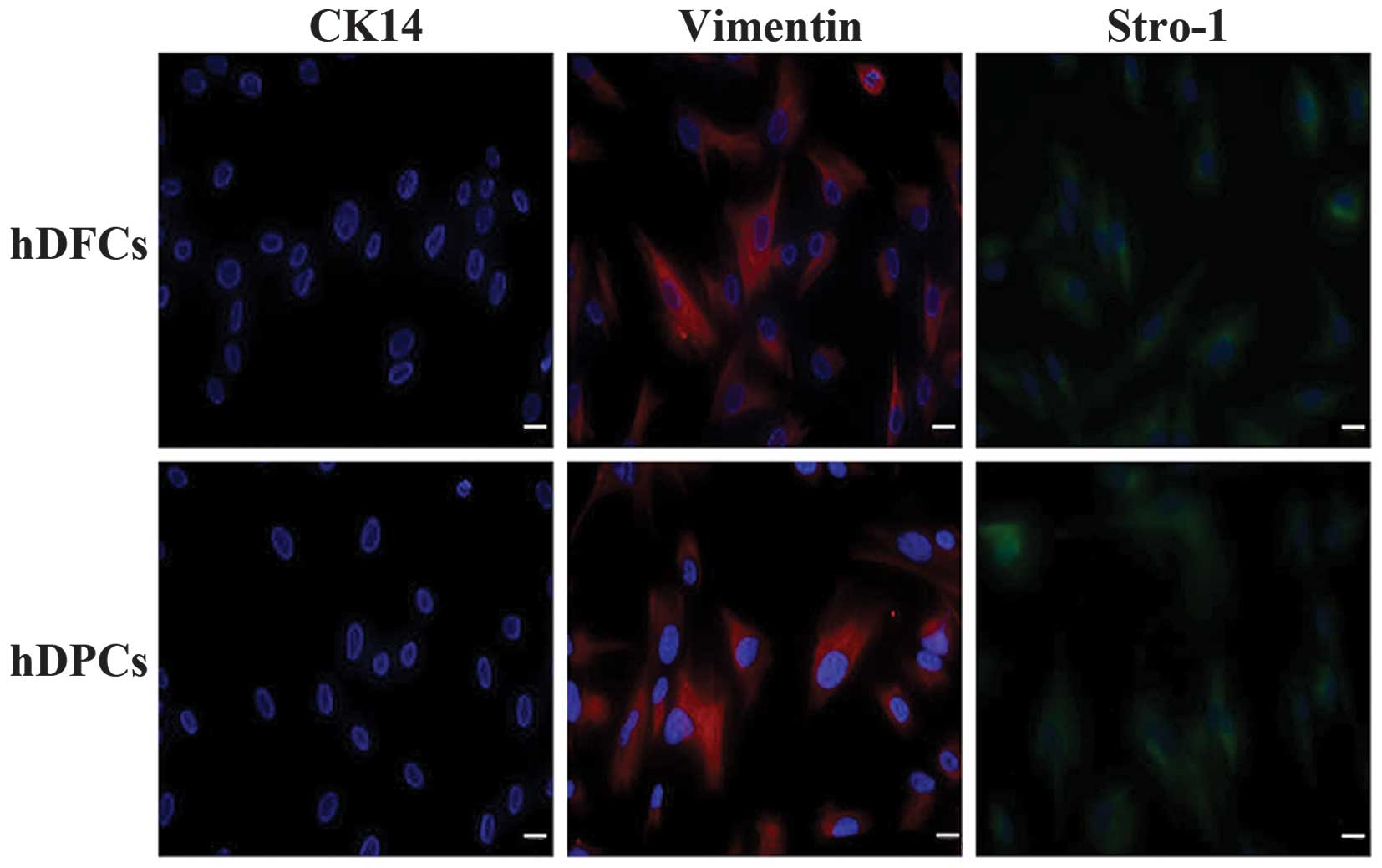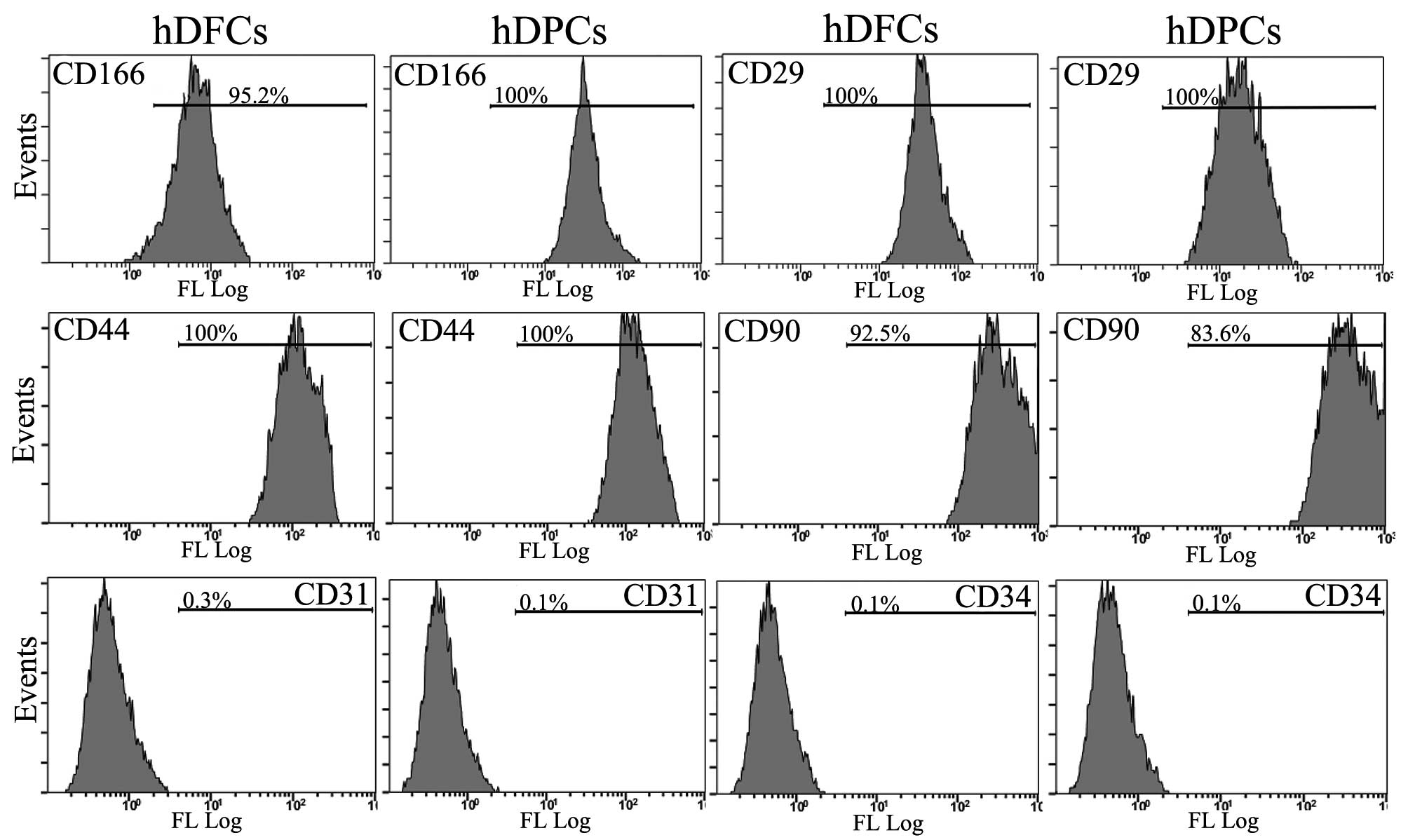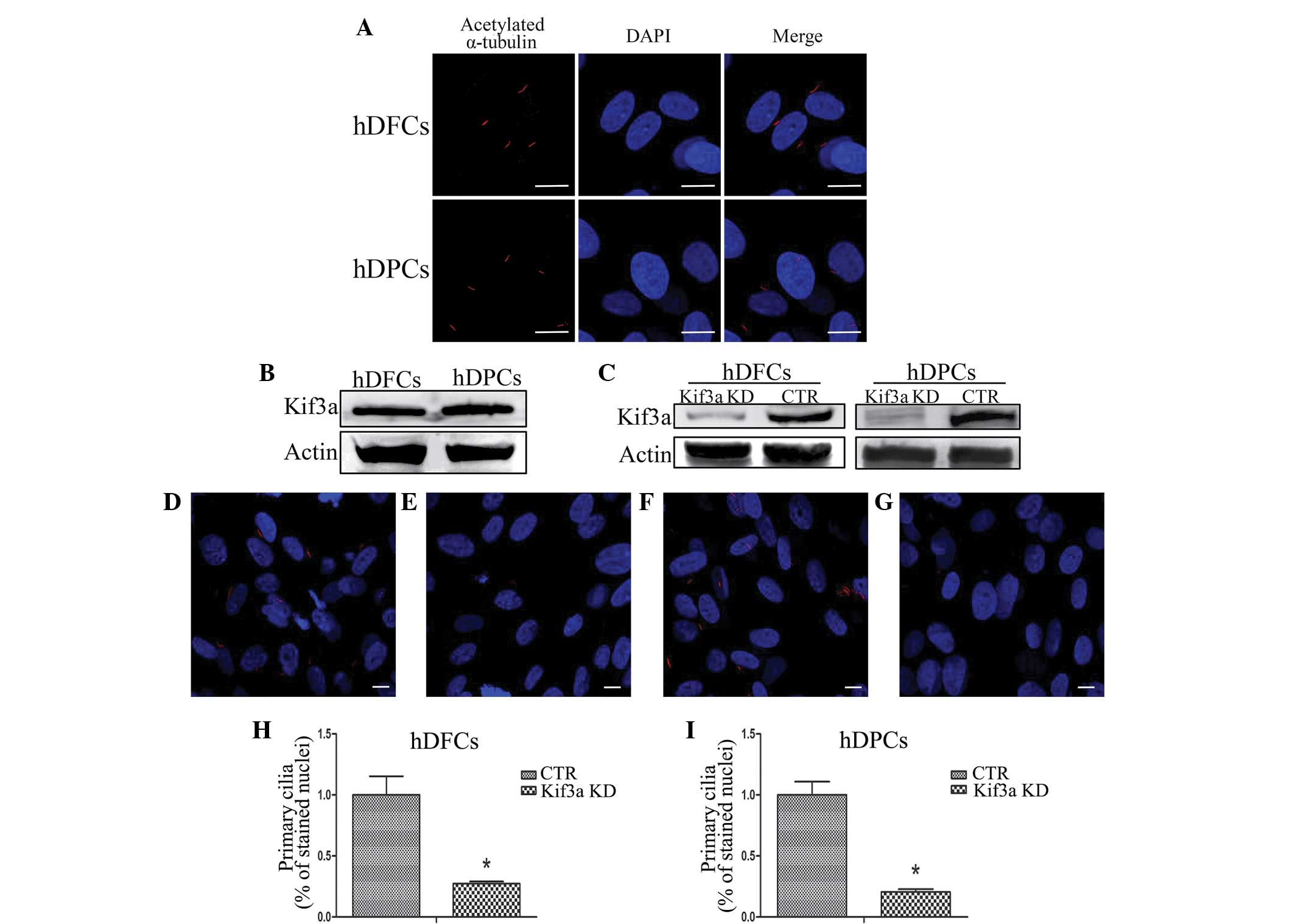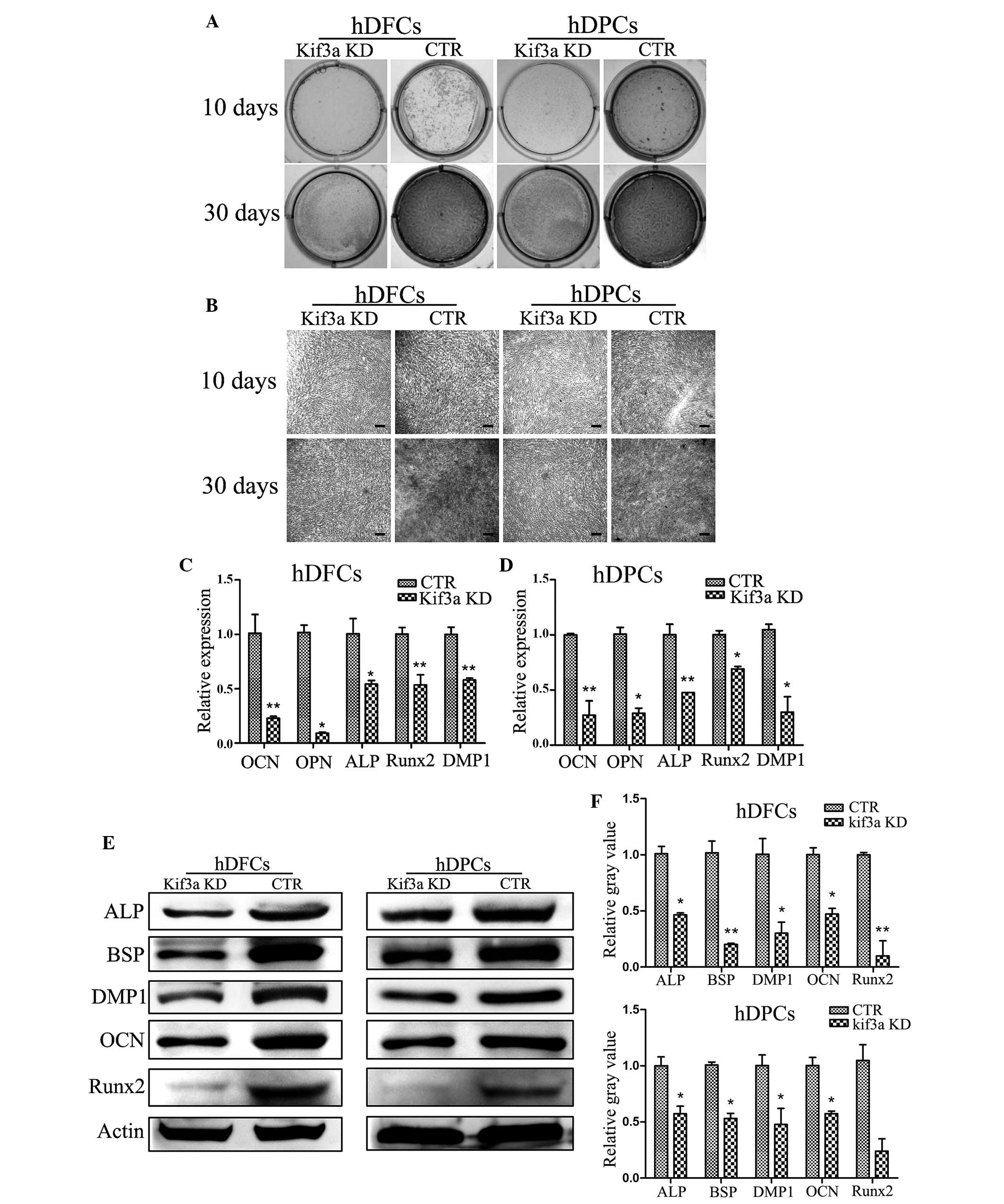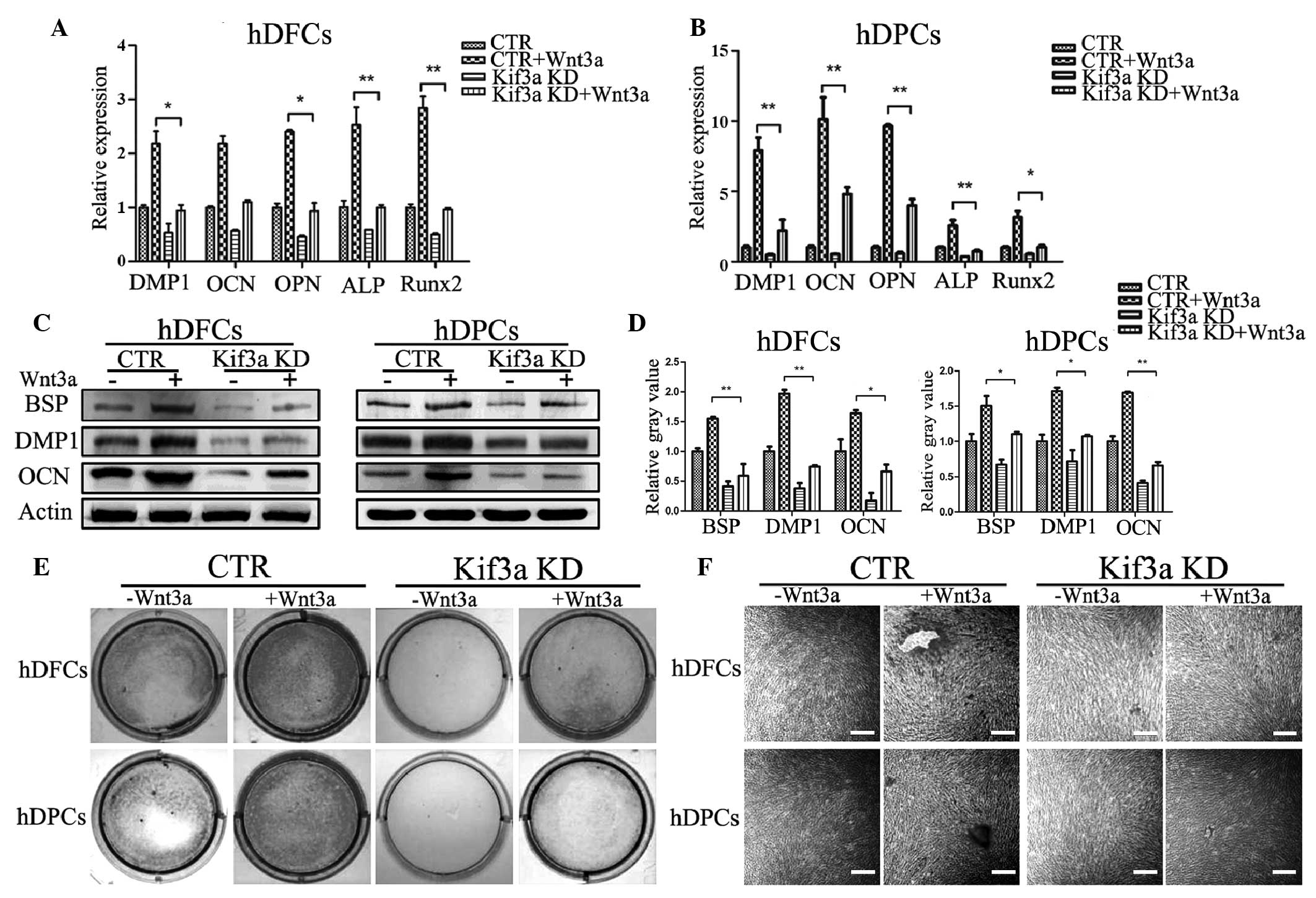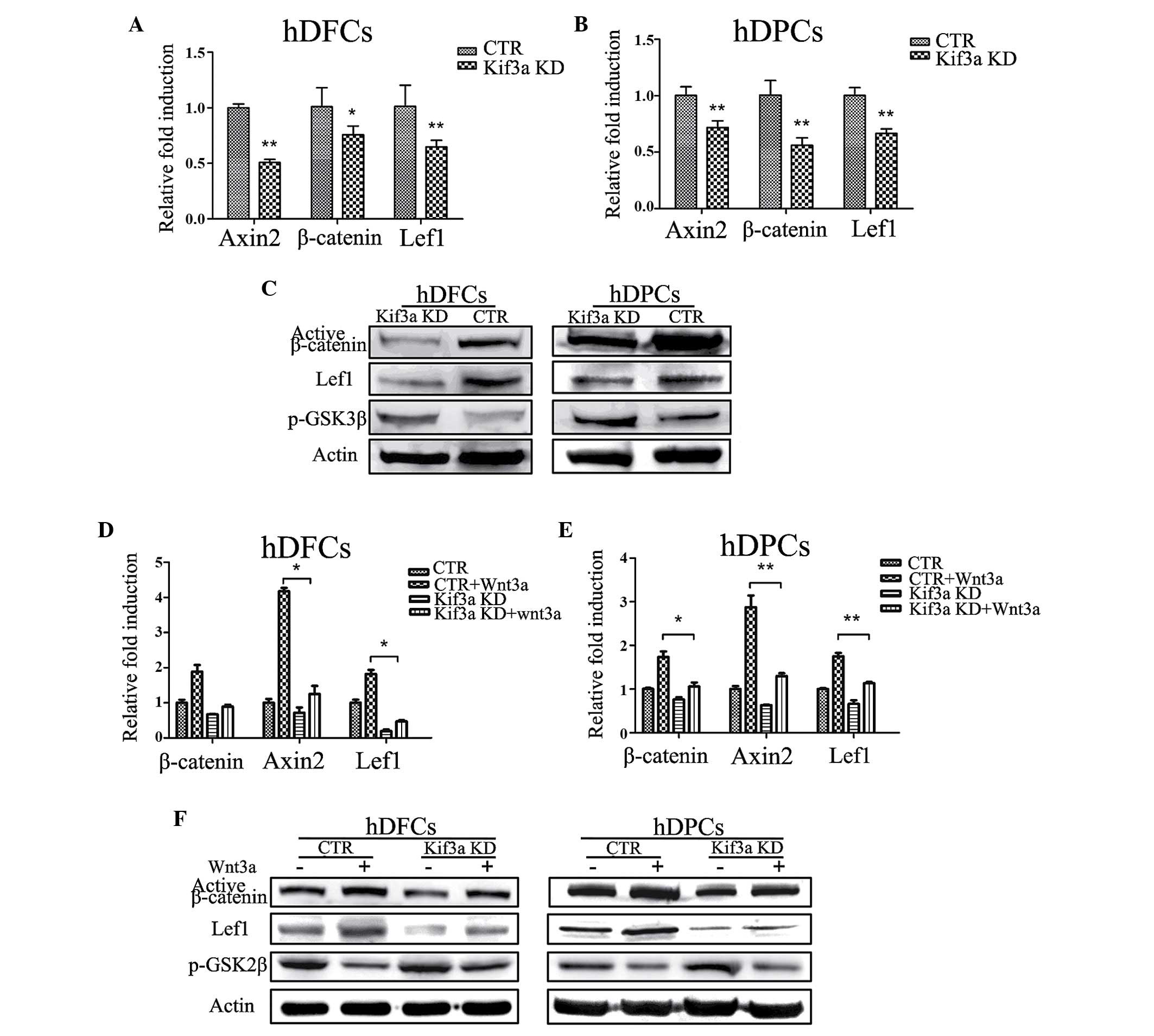|
1
|
Yang B, Chen G, Li J, Zou Q, Xie D, Chen
Y, Wang H, Zheng X, Long J and Tang W: Tooth root regeneration
using dental follicle cell sheets in combination with a dentin
matrix-based scaffold. Biomaterials. 33:2449–2461. 2012. View Article : Google Scholar
|
|
2
|
Nie X, Tian W, Zhang Y, Chen X, Dong R,
Jiang M, Chen F and Jin Y: Induction of transforming growth
factor-beta 1 on dentine pulp cells in different culture patterns.
Cell Biol Int. 30:295–300. 2006. View Article : Google Scholar : PubMed/NCBI
|
|
3
|
Jiao L, Xie L, Yang B, Yu M, Jiang Z, Feng
L, Guo W and Tian W: Cryopreserved dentin matrix as a scaffold
material for dentin-pulp tissue regeneration. Biomaterials.
35:4929–4939. 2014. View Article : Google Scholar : PubMed/NCBI
|
|
4
|
Yang C, Sun L, Li X, Xie L, Yu M, Feng L,
Jiang Z, Guo W and Tian W: The potential of dental stem cells
differentiating into neurogenic cell lineage after cultivation in
different modes in vitro. Cell Reprogram. 16:379–391. 2014.
View Article : Google Scholar : PubMed/NCBI
|
|
5
|
Wang X, He F, Tan Y, Tian W and Qiu S:
Inhibition of Delta1 promotes differentiation of odontoblasts and
inhibits proliferation of human dental pulp stem cell in vitro.
Arch Oral Biol. 56:837–845. 2011. View Article : Google Scholar : PubMed/NCBI
|
|
6
|
Guo L, Li J, Qiao X, Yu M, Tang W, Wang H,
Guo W and Tian W: Comparison of odontogenic differentiation of
human dental follicle cells and human dental papilla cells. PLoS
One. 8:e623322013. View Article : Google Scholar : PubMed/NCBI
|
|
7
|
Kolpakova-Hart E, Jinnin M, Hou B, Fukai N
and Olsen BR: Kinesin-2 controls development and patterning of the
vertebrate skeleton by Hedgehog- and Gli3-dependent mechanisms. Dev
Biol. 309:273–284. 2007. View Article : Google Scholar : PubMed/NCBI
|
|
8
|
Rosenbaum JL and Witman GB: Intraflagellar
transport. Nat Rev Mol Cell Biol. 3:813–825. 2002. View Article : Google Scholar : PubMed/NCBI
|
|
9
|
Tong CK, Han YG, Shah JK, Obernier K,
Guinto CD and Alvarez-Buylla A: Primary cilia are required in a
unique subpopulation of neural progenitors. Proc Natl Acad Sci USA.
111:12438–12443. 2014. View Article : Google Scholar : PubMed/NCBI
|
|
10
|
D'Amico E, Gayral S, Massart C, Van Sande
J, Reiter JF, Dumont JE, Robaye B and Schurmans S: Thyroid-specific
inactivation of KIF3A alters the TSH signaling pathway and leads to
hypothyroidism. J Mol Endocrinol. 50:375–387. 2013. View Article : Google Scholar : PubMed/NCBI
|
|
11
|
Qiu N, Xiao Z, Cao L, Buechel MM, David V,
Roan E and Quarles LD: Disruption of Kif3a in osteoblasts results
in defective bone formation and osteopenia. J Cell Sci.
125:1945–1957. 2012. View Article : Google Scholar : PubMed/NCBI
|
|
12
|
Temiyasathit S, Tang WJ, Leucht P,
Anderson CT, Monica SD, Castillo AB, Helms JA, Stearns T and Jacobs
CR: Mechanosensing by the primary cilium: deletion of Kif3A reduces
bone formation due to loading. PLoS One. 7:e333682012. View Article : Google Scholar : PubMed/NCBI
|
|
13
|
Xiao ZS and Quarles LD: Role of the
polycytin-primary cilia complex in bone development and
mechanosensing. Ann N Y Acad Sci. 1192:410–421. 2010. View Article : Google Scholar : PubMed/NCBI
|
|
14
|
Thivichon-Prince B, Couble ML, Giamarchi
A, Delmas P, Franco B, Romio L, Struys T, Lambrichts I, Ressnikoff
D, Magloire H and Bleicher F: Primary cilia of odontoblasts:
Possible role in molar morphogenesis. J Dent Res. 88:910–915. 2009.
View Article : Google Scholar : PubMed/NCBI
|
|
15
|
Guo W, Chen L, Gong K, Ding B, Duan Y and
Jin Y: Heterogeneous dental follicle cells and the regeneration of
complex periodontal tissues. Tissue Eng Part A. 18:459–470. 2012.
View Article : Google Scholar :
|
|
16
|
Morsczeck C, Götz W, Schierholz J,
Zeilhofer F, Kühn U, Möhl C, Sippel C and Hoffmann KH: Isolation of
precursor cells (PCs) from human dental follicle of wisdom teeth.
Matrix Biol. 24:155–165. 2005. View Article : Google Scholar : PubMed/NCBI
|
|
17
|
Wang X, He H, Wu X, Hu J and Tan Y:
Promotion of dentin regeneration via CCN3 modulation on Notch and
BMP signaling pathways. Biomaterials. 35:2720–2729. 2014.
View Article : Google Scholar : PubMed/NCBI
|
|
18
|
Yu J, He H, Tang C, Zhang G, Li Y, Wang R,
Shi J and Jin Y: Differentiation potential of STRO-1+ dental pulp
stem cells changes during cell passaging. BMC Cell Biol. 11:322010.
View Article : Google Scholar : PubMed/NCBI
|
|
19
|
Livak KJ and Schmittgen TD: Analysis of
relative gene expression data using real-time quantitative PCR and
the 2 (-Delta Delta C (T)) Method. Methods. 25:402–408. 2001.
View Article : Google Scholar
|
|
20
|
Chen J, Lan Y, Baek JA, Gao Y and Jiang R:
Wnt/beta-catenin signaling plays an essential role in activation of
odontogenic mesenchyme during early tooth development. Dev Biol.
334:174–185. 2009. View Article : Google Scholar : PubMed/NCBI
|
|
21
|
Zhu X, Zhao P, Liu Y, Zhang X, Fu J, Ivy
Yu HM, Qiu M, Chen Y, Hsu W and Zhang Z: Intra-epithelial
requirement of canonical Wnt signaling for tooth morphogenesis. J
Biol Chem. 288:12080–12089. 2013. View Article : Google Scholar : PubMed/NCBI
|
|
22
|
Marszalek JR, Ruiz-Lozano P, Roberts E,
Chien KR and Goldstein LS: Situs inversus and embryonic ciliary
morphogenesis defects in mouse mutants lacking the KIF3A subunit of
kinesin-II. Proc Natl Acad Sci USA. 96:5043–5048. 1999. View Article : Google Scholar : PubMed/NCBI
|
|
23
|
Guadiana SM, Semple-Rowland S, Daroszewski
D, Madorsky I, Breunig JJ, Mykytyn K and Sarkisian MR: Arborization
of dendrites by developing neocortical neurons is dependent on
primary cilia and type 3 adenylyl cyclase. J Neurosci.
33:2626–2638. 2013. View Article : Google Scholar : PubMed/NCBI
|
|
24
|
Zhao C, Omori Y, Brodowska K, Kovach P and
Malicki J: Kinesin-2 family in vertebrate ciliogenesis. Proc Natl
Acad Sci USA. 109:2388–2393. 2012. View Article : Google Scholar : PubMed/NCBI
|
|
25
|
Zhu D, Shi S, Wang H and Liao K: Growth
arrest induces primary-cilium formation and sensitizes
IGF-1-receptor signaling during differentiation induction of 3T3-L1
preadipocytes. J Cell Sci. 122:2760–2768. 2009. View Article : Google Scholar : PubMed/NCBI
|
|
26
|
Couble ML, Farges JC, Bleicher F,
Perrat-Mabillon B, Boudeulle M and Magloire H: Odontoblast
differentiation of human dental pulp cells in explant cultures.
Calcif Tissue Int. 66:129–138. 2000. View Article : Google Scholar : PubMed/NCBI
|
|
27
|
Barakat MT, Humke EW and Scott MP: Kif3a
is necessary for initiation and maintenance of medulloblastoma.
Carcinogenesis. 34:1382–1392. 2013. View Article : Google Scholar : PubMed/NCBI
|
|
28
|
Lin F, Hiesberger T, Cordes K, Sinclair
AM, Goldstein LS, Somlo S and Igarashi P: Kidney-specific
inactivation of the KIF3A subunit of kinesin-II inhibits renal
ciliogenesis and produces polycystic kidney disease. Proc Natl Acad
Sci USA. 100:5286–5291. 2003. View Article : Google Scholar : PubMed/NCBI
|
|
29
|
Delaine-Smith RM, Sittichokechaiwut A and
Reilly GC: Primary cilia respond to fluid shear stress and mediate
flow-induced calcium deposition in osteoblasts. FASEB J.
28:430–439. 2014. View Article : Google Scholar :
|
|
30
|
Holmen SL, Zylstra CR, Mukherjee A, Sigler
RE, Faugere MC, Bouxsein ML, Deng L, Clemens TL and Williams BO:
Essential role of beta-catenin in postnatal bone acquisition. J
Biol Chem. 280:21162–21168. 2005. View Article : Google Scholar : PubMed/NCBI
|
|
31
|
Leucht P, Monica SD, Temiyasathit S,
Lenton K, Manu A, Longaker MT, Jacobs CR, Spilker RL, Guo H,
Brunski JB and Helms JA: Primary cilia act as mechanosensors during
bone healing around an implant. Med Eng Phys. 35:392–402. 2013.
View Article : Google Scholar
|
|
32
|
Kim TH, Lee JY, Baek JA, Lee JC, Yang X,
Taketo MM, Jiang R and Cho ES: Constitutive stabilization of
ß-catenin in the dental mesenchyme leads to excessive dentin and
cementum formation. Biochem Biophys Res Commun. 412:549–555. 2011.
View Article : Google Scholar : PubMed/NCBI
|
|
33
|
Liu Z, Rebowe RE, Wang Z, Li Y, Wang Z,
DePaolo JS, Guo J, Qian C and Liu W: KIF3a promotes proliferation
and invasion via Wnt signaling in advanced prostate cancer. Mol
Cancer Res. 12:491–503. 2014. View Article : Google Scholar : PubMed/NCBI
|
|
34
|
Gerdes JM, Liu Y, Zaghloul NA, Leitch CC,
Lawson SS, Kato M, Beachy PA, Beales PL, DeMartino GN, Fisher S, et
al: Disruption of the basal body compromises proteasomal function
and perturbs intracellular Wnt response. Nat Genet. 39:1350–1360.
2007. View Article : Google Scholar : PubMed/NCBI
|
|
35
|
Han YG, Kim HJ, Dlugosz AA, Ellison DW,
Gilbertson RJ and Alvarez-Buylla A: Dual and opposing roles of
primary cilia in medulloblastoma development. Nat Med.
15:1062–1065. 2009. View
Article : Google Scholar : PubMed/NCBI
|
|
36
|
Kishimoto N, Cao Y, Park A and Sun Z:
Cystic kidney gene seahorse regulates cilia-mediated processes and
Wnt pathways. Dev Cell. 14:954–961. 2008. View Article : Google Scholar : PubMed/NCBI
|
|
37
|
Lancaster MA, Louie CM, Silhavy JL,
Sintasath L, Decambre M, Nigam SK, Willert K and Gleeson JG:
Impaired Wnt-beta-catenin signaling disrupts adult renal
homeostasis and leads to cystic kidney ciliopathy. Nat Med.
15:1046–1054. 2009. View Article : Google Scholar : PubMed/NCBI
|
|
38
|
Chen Y, Whetstone HC, Lin AC, Nadesan P,
Wei Q, Poon R and Alman BA: Beta-catenin signaling plays a
disparate role in different phases of fracture repair: Implications
for therapy to improve bone healing. PLoS Med. 4:e2492007.
View Article : Google Scholar : PubMed/NCBI
|
|
39
|
Silkstone D, Hong H and Alman BA:
Beta-catenin in the race to fracture repair: In it to Wnt. Nat Clin
Pract Rheumatol. 4:413–419. 2008. View Article : Google Scholar : PubMed/NCBI
|
|
40
|
Vuong LT, Mukhopadhyay B and Choi KW:
Kinesin-II recruits Armadillo and Dishevelled for Wingless
signaling in Drosophila. Development. 141:3222–3232. 2014.
View Article : Google Scholar : PubMed/NCBI
|















